Rafia Zakaria - The Upstairs Wife: An Intimate History of Pakistan
Here you can read online Rafia Zakaria - The Upstairs Wife: An Intimate History of Pakistan full text of the book (entire story) in english for free. Download pdf and epub, get meaning, cover and reviews about this ebook. year: 2015, publisher: Beacon Press, genre: History. Description of the work, (preface) as well as reviews are available. Best literature library LitArk.com created for fans of good reading and offers a wide selection of genres:
Romance novel
Science fiction
Adventure
Detective
Science
History
Home and family
Prose
Art
Politics
Computer
Non-fiction
Religion
Business
Children
Humor
Choose a favorite category and find really read worthwhile books. Enjoy immersion in the world of imagination, feel the emotions of the characters or learn something new for yourself, make an fascinating discovery.
- Book:The Upstairs Wife: An Intimate History of Pakistan
- Author:
- Publisher:Beacon Press
- Genre:
- Year:2015
- Rating:4 / 5
- Favourites:Add to favourites
- Your mark:
The Upstairs Wife: An Intimate History of Pakistan: summary, description and annotation
We offer to read an annotation, description, summary or preface (depends on what the author of the book "The Upstairs Wife: An Intimate History of Pakistan" wrote himself). If you haven't found the necessary information about the book — write in the comments, we will try to find it.
An Indies Introduce Debut Authors Selection
For a brief moment on December 27, 2007, life came to a standstill in Pakistan. Benazir Bhutto, the countrys former prime minister and the first woman ever to lead a Muslim country, had been assassinated at a political rally just outside Islamabad. Back in KarachiBhuttos birthplace and Pakistans other great metropolisRafia Zakarias family was suffering through a crisis of its own: her Uncle Sohail, the man who had brought shame upon the family, was near death. In that moment these twin catastrophesone political and public, the other secret and intensely personalbriefly converged.
Zakaria uses that moment to begin her intimate exploration of the country of her birth. Her Muslim-Indian family immigrated to Pakistan from Bombay in 1962, escaping the precarious state in which the Muslim population in India found itself following the Partition. For them, Pakistan represented enormous promise. And for some time, Zakarias family prospered and the city prospered. But in the 1980s, Pakistans military dictators began an Islamization campaign designed to legitimate their rulea campaign that particularly affected womens freedom and safety. The political became personal when her aunt Aminas husband, Sohail, did the unthinkable and took a second wife, a humiliating and painful betrayal of kin and custom that shook the foundation of Zakarias family but was permitted under the countrys new laws. The young Rafia grows up in the shadow of Aminas shame and fury, while the world outside her home turns ever more chaotic and violent as the opportunities available to post-Partition immigrants are dramatically curtailed and terrorism sows its seeds in Karachi.
Telling the parallel stories of Aminas polygamous marriage and Pakistans hopes and betrayals, The Upstairs Wife is an intimate exploration of the disjunction between exalted dreams and complicated realities.
Rafia Zakaria: author's other books
Who wrote The Upstairs Wife: An Intimate History of Pakistan? Find out the surname, the name of the author of the book and a list of all author's works by series.

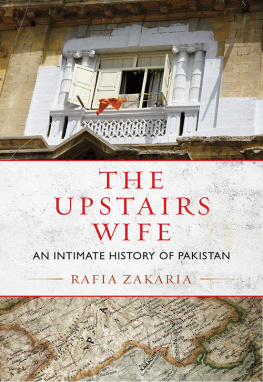

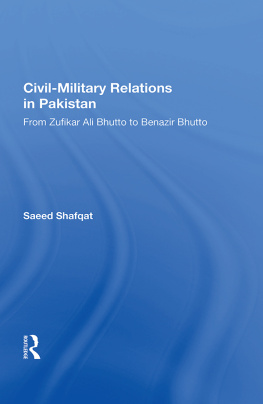
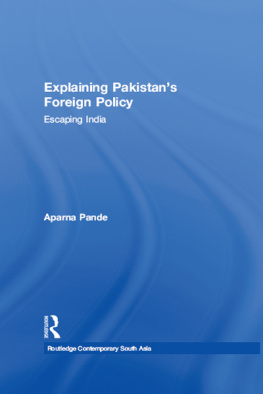


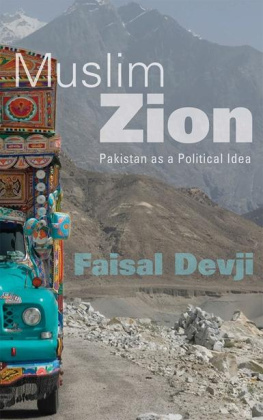
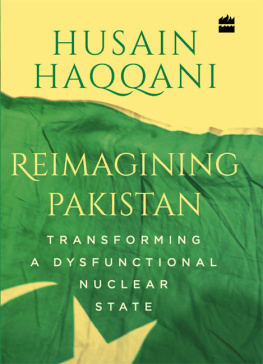
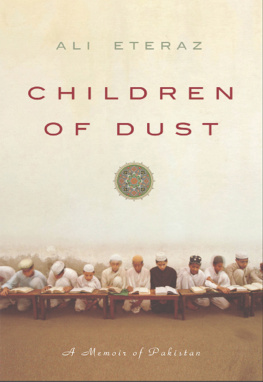
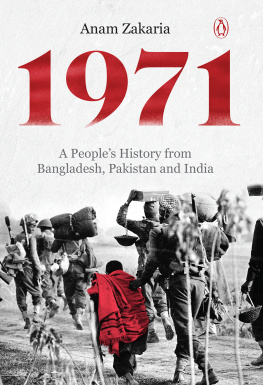
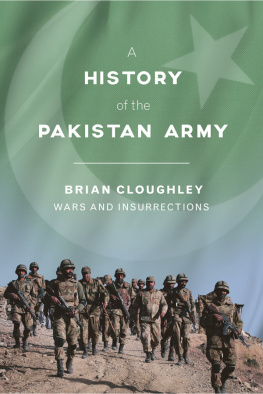
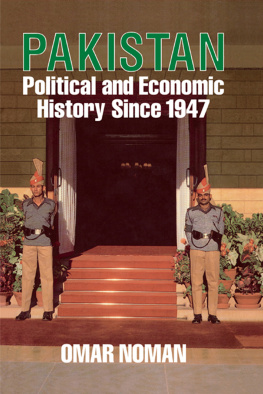


 PROLOGUE
PROLOGUE 
